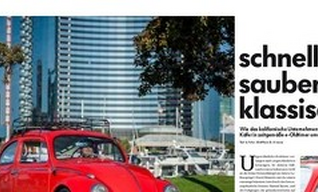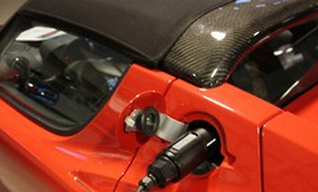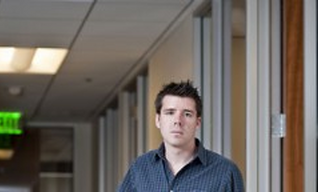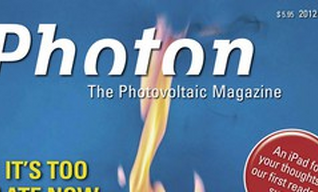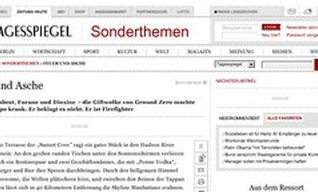
Matthias B. Krause
Berkeley, CA
-
Noch keine BeiträgeHier wird noch geschrieben ... bitte schaue bald nochmal vorbei

Matthias B. Krause
-
auto
-
erneuerbare energien
-
politik
-
usa
-
wirtschaft
-
wissenschaft
-
reportagen
-
silicon valley
-
multimedia
-
medienwandel
-
solar
-
photovoltaik
-
wind
-
weltreporter
-
breaking news
-
clean tech
-
start-us
-
alltags-reportagen
Matthias B. Krause arbeitet im Silicon Valley als Wirtschaftsreporter mit den Schwerpunkten neue Technologien, neue Medien und erneuerbare Energie. Er war zuvor Chefredakteur der US-Ausgabe des Solarstrommagazins PHOTON, berichtete knapp sieben Jahre lang aus New York für deutsche und Schweizer Magazine und Tageszeitungen und hat Erfahrung als Nachrichtenagentur-Ressortleiter. Krause ist multimedial geschult, fotografiert hochwertige Bildstrecken für Magazine, produziert Webvideos für Onlineportale und Reportagen für Radiostation. Er schreibt auf Deutsch und auf Englisch.
Auftraggeber
greenbiz.com , greentechmedia.com , spielraum.xing.com , tagesspiegel.de
Weitere Profile
Fehler!
Leider konnte der Artikel nicht gefunden werden.
We can't find the internet
Attempting to reconnect
Something went wrong!
Hang in there while we get back on track


